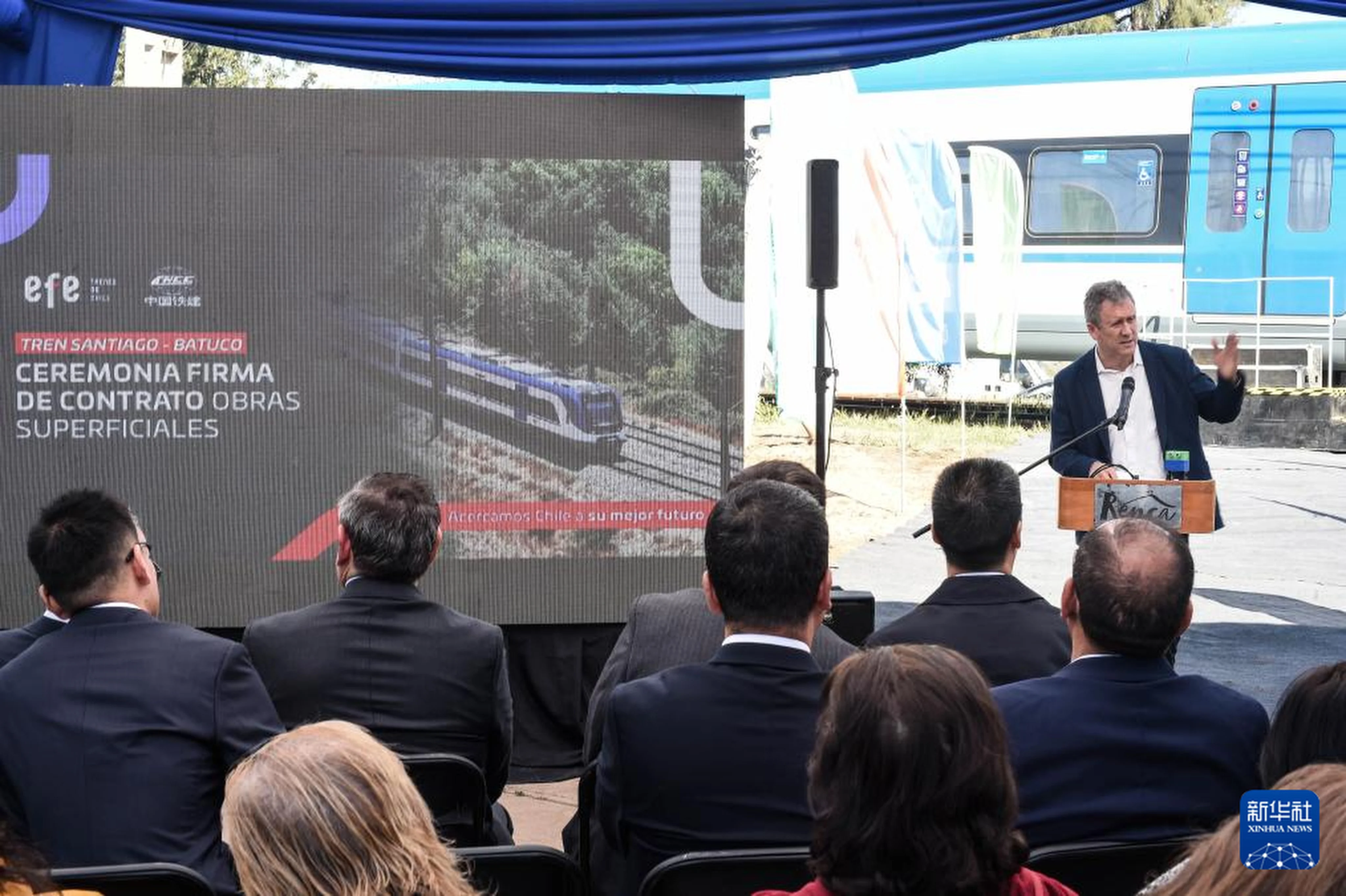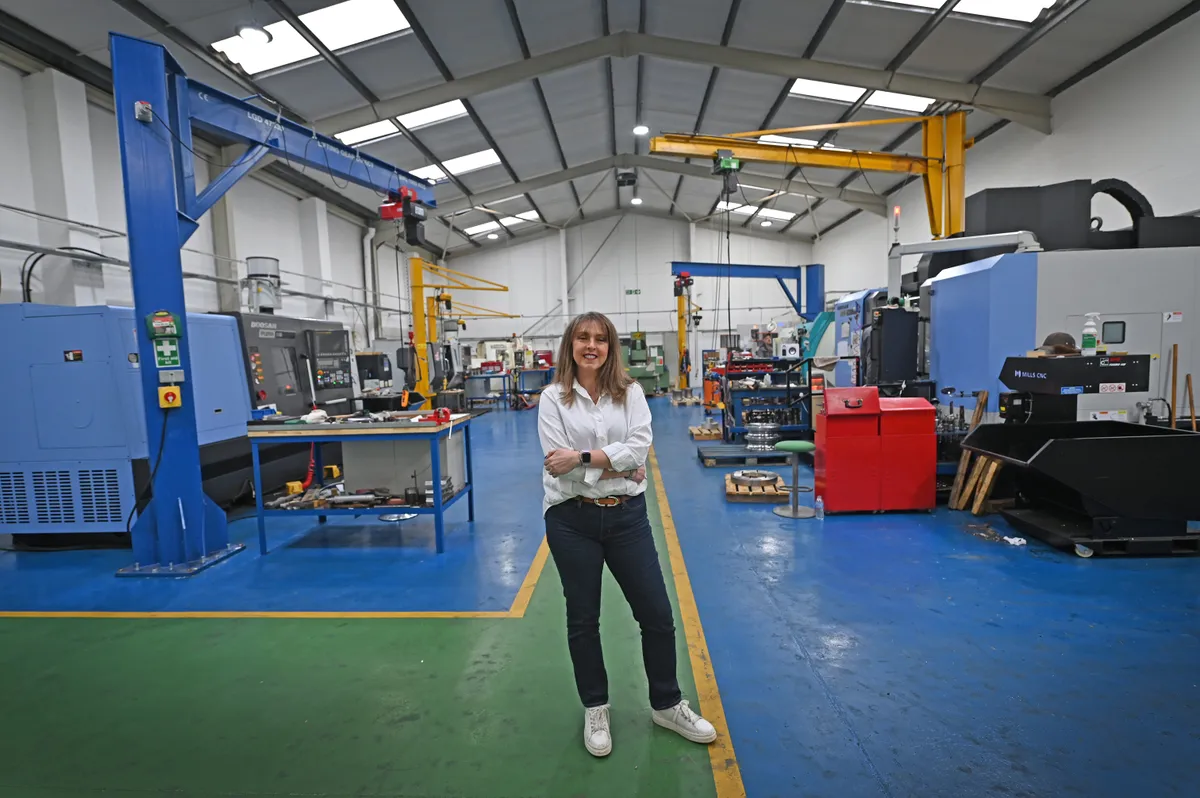IMPACT CEE | Less regulation, more growth. Building a more competitive economy in Romania and Poland
By Grzegorz Nawacki,Oana Vasiliu
Copyright business-review

At Impact CEE, the panel “Less regulation, more growth. Building a more competitive economy in Romania and Poland” brought together experts and policymakers to discuss how both countries can accelerate competitiveness. Moderated by Grzegorz Nawacki, the session featured Joanna Makowiecka-Gatza (Pracodawcy RP), Iulian Lolea (Confederația Patronală Concordia), Horia Grigorescu (MHG Consulting), and Bogdan Chirițoiu (Romanian Competition Council).
The panelists shared perspectives from both Poland and Romania, two countries that have enjoyed decades of strong growth since the 1990s but are now facing the dual pressures of slowing economies, heavy bureaucracy, and growing global competition.
Romania and the middle-income trap
Bogdan Chirițoiu was direct in his diagnosis of Romania’s economic slowdown: “We’ve been growing almost as well as Poland. Both are success stories of the communist transition. But now we are toiling. I think we are entering a sort of middle-income trap.”
He argued that fiscal tools have been exhausted. “We spent money to generate growth, and now we are left with a huge budget deficit and very little growth to show for it. Deregulation doesn’t cost money. It’s in our hands, and we can do it ourselves.”
Poland’s deregulation experiment
Joanna Makowiecka-Gatza described Poland’s bold attempt at deregulation, which broke with traditional governance practices. “The Prime Minister asked one of our business leaders to organize deregulation proposals. It was unusual, because normally we go through a lengthy three-party consultation with government, employers, and unions. This time it was disruptive, but efficient.”
Through an open-source platform, anyone in Poland could submit ideas. “Every citizen could go online, state the problem and propose a solution. The government treated it like a project management exercise, with KPIs, transparency, and one person dedicated to tracking progress. That created trust and momentum. It showed that change is possible.”
Yet, Makowiecka-Gatza also noted structural problems. Poland’s GDP growth has relied heavily on consumption, while private investment remains too low. “Our tax complexity index is as bad as Mexico’s. Innovation is weak. The burden of doing business is too heavy. Unless we simplify, private investment will not return.”
Romania’s challenges with regulation
For Iulian Lolea, the issue is not whether deregulation is necessary but whether Romania’s political system is ready for it. “We hope for something similar to the Polish model, because our government needs this kind of help from the private sector. Dialogue exists, but the pace of regulation has been too high, driven by fiscal needs rather than strategic reforms. We are waiting for more openness.”
He also pointed out how EU-level overregulation trickles down disproportionately in Romania: “Banking, energy, raw materials, and furniture manufacturing are sectors where EU rules make us less competitive compared to Asia. Add fiscal deficits and inconsistent taxes, and you block investment instead of stimulating it.”
Smarter, faster, more predictable
Horia Grigorescu shifted the focus from deregulation to “smart regulation.” “It’s not about more or less regulation, it’s about smarter, better, and timely regulation. Too often, we regulate years after the real event has already happened. With AI, with blockchain, with energy, we are always unprepared. Markets struggle, and then we accuse them of not being perfect.”
He emphasized the need for speed and foresight: “We are not short of money, ideas, or technology. We are short of speed. The cost of bureaucracy falls hardest on small and medium enterprises, which cannot afford armies of consultants. And investors don’t mind risk, they mind wasted time. Today, in Romania, it takes longer to get permits than to implement projects. That is insane.”
Grigorescu also warned against the “populist reflex” in Europe: “Every time there is a crisis, energy, migration, war, the response is more regulation. Layer after layer, until we bury our own industries. Capital flows where it moves fastest, and Europe is not moving fast enough.”
Risks of deregulation and regulatory capture
Chirițoiu acknowledged the paradox: even regulators want fewer rules. “We like our own regulations, but we don’t like other agencies’ regulations. We’re working with the OECD to simplify permits and licenses. But deregulation is resisted inside ministries, because it threatens status, influence, and sometimes jobs.”
He pointed to the risk of “regulatory capture.” “Often, regulations are not just mindless bureaucracy, they are demanded by incumbents who want to keep out new players. Look at the taxi industry lobbying for 10 years to stop Uber. Regulation can be a barrier to entry, not just a consumer safeguard.”
Chirițoiu’s conclusion was pragmatic: “Nobody says we want more bureaucracy. The challenge is how to achieve less. Consultation takes time, vested interests resist change, and coalition governments make coordination even harder.”
A question of balance
The panel ultimately underscored that deregulation is not an end in itself. Businesses in both Poland and Romania need simpler, faster, and more predictable rules to compete globally. But deregulation without balance risks unfair competition, weaker consumer protection, and more populist pressure for quick fixes.
As Grigorescu summed up, “We must stop regulating for the past and start regulating for the future.” And as Makowiecka-Gatza reminded, Poland’s experiment shows that trust and transparency are possible when governments and businesses work together.
In Romania, the task remains unfinished: to cut through bureaucracy without cutting into accountability, and to ensure that regulation becomes a driver, not a brake, on competitiveness.



